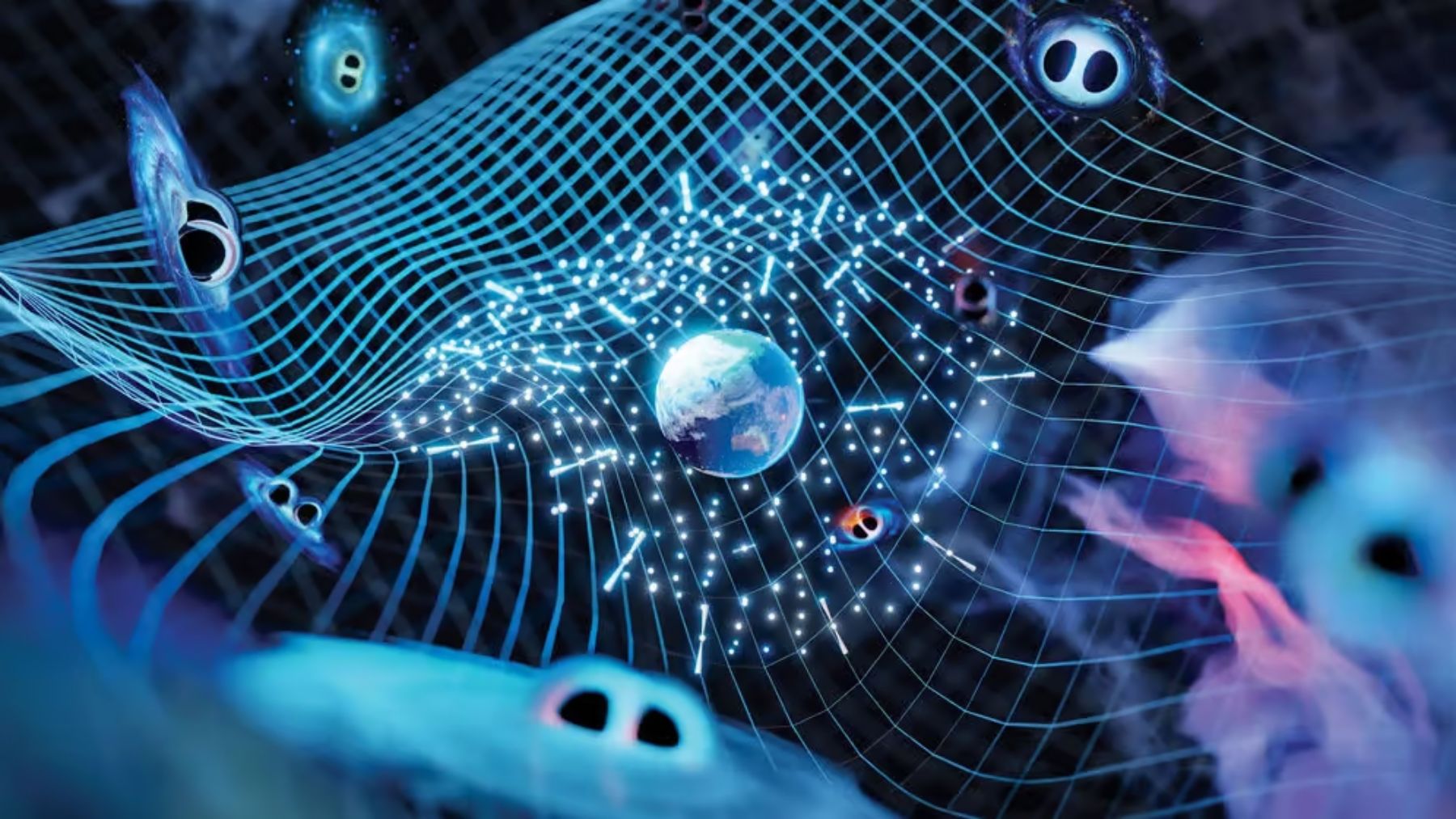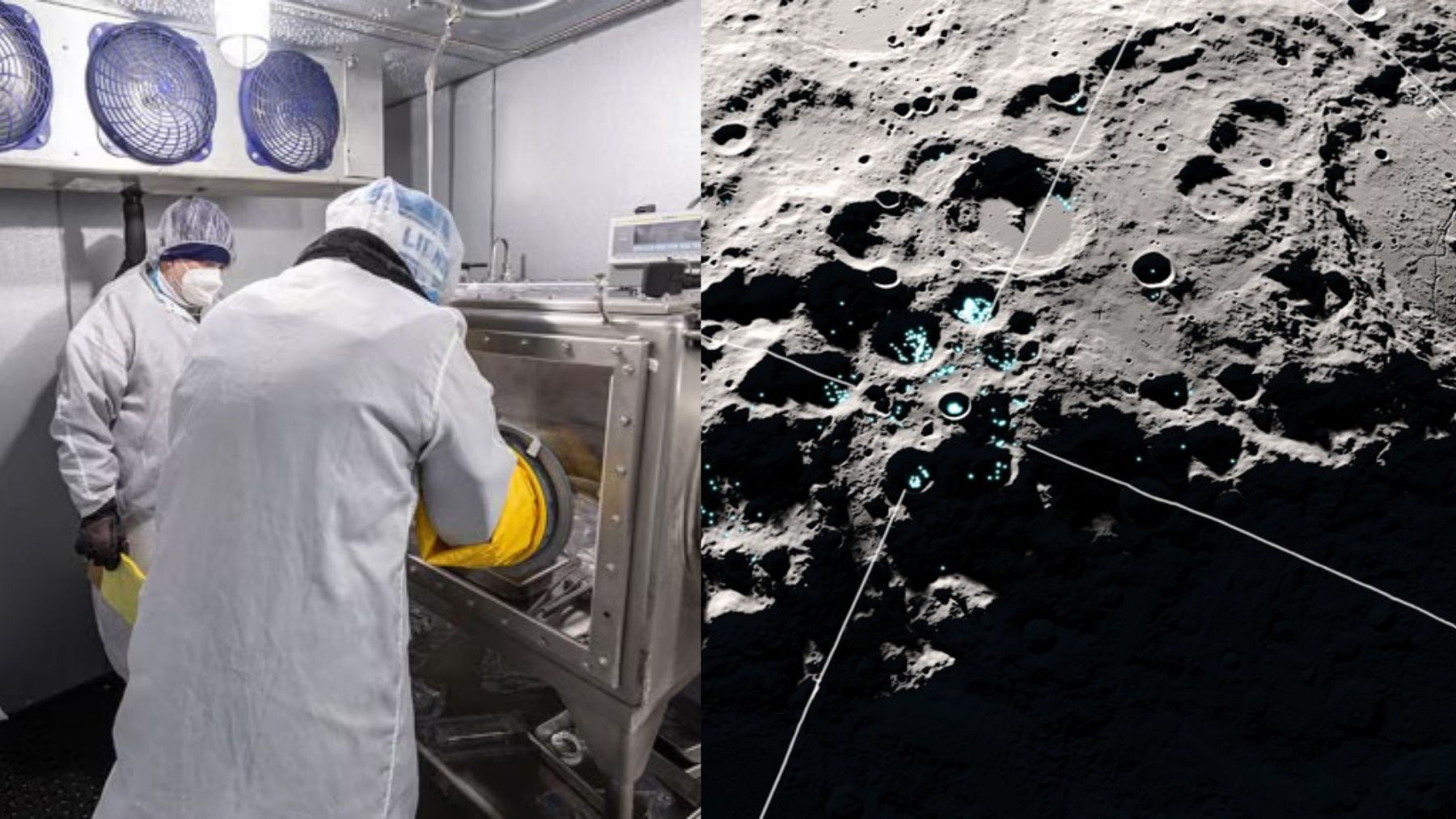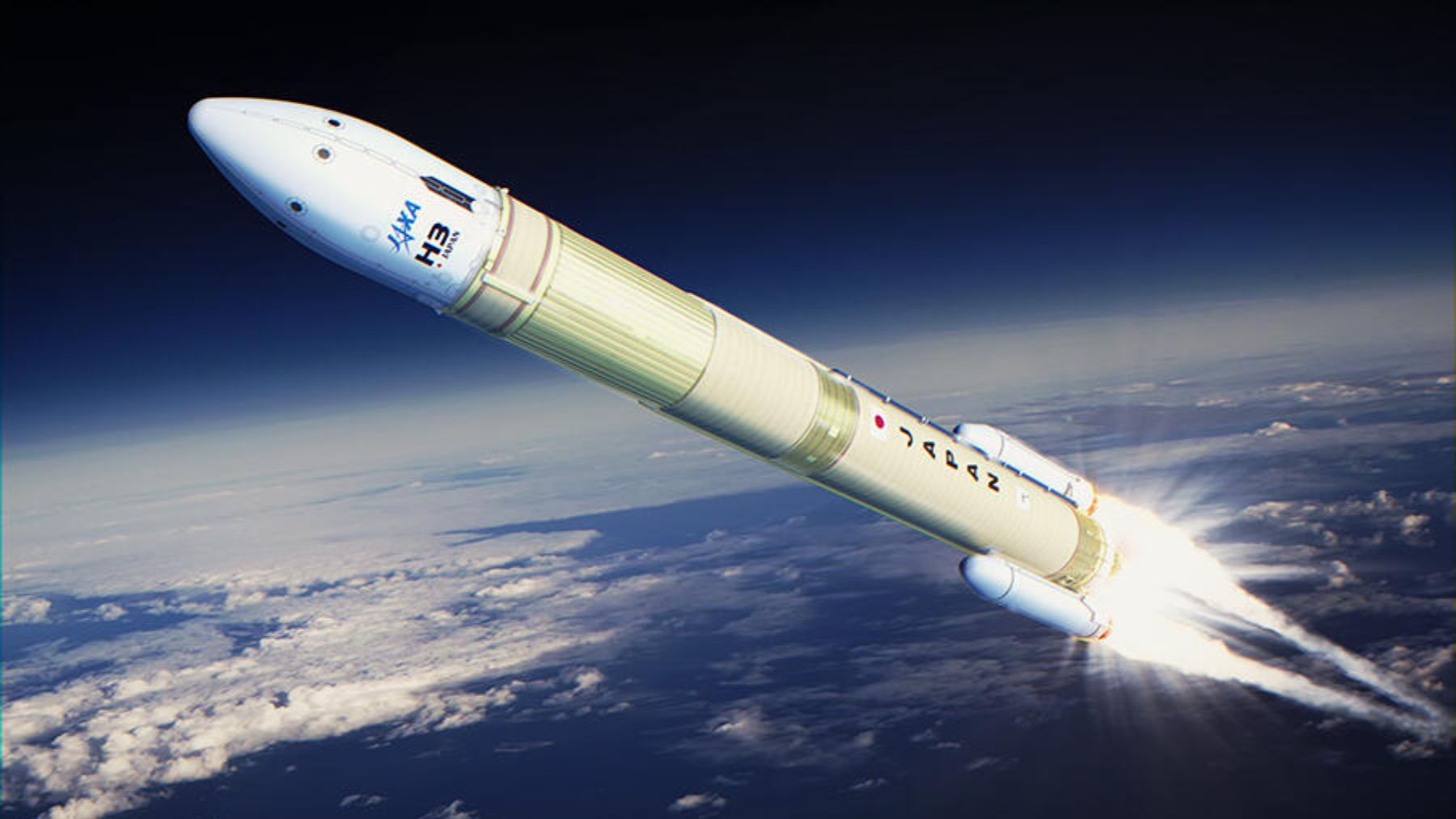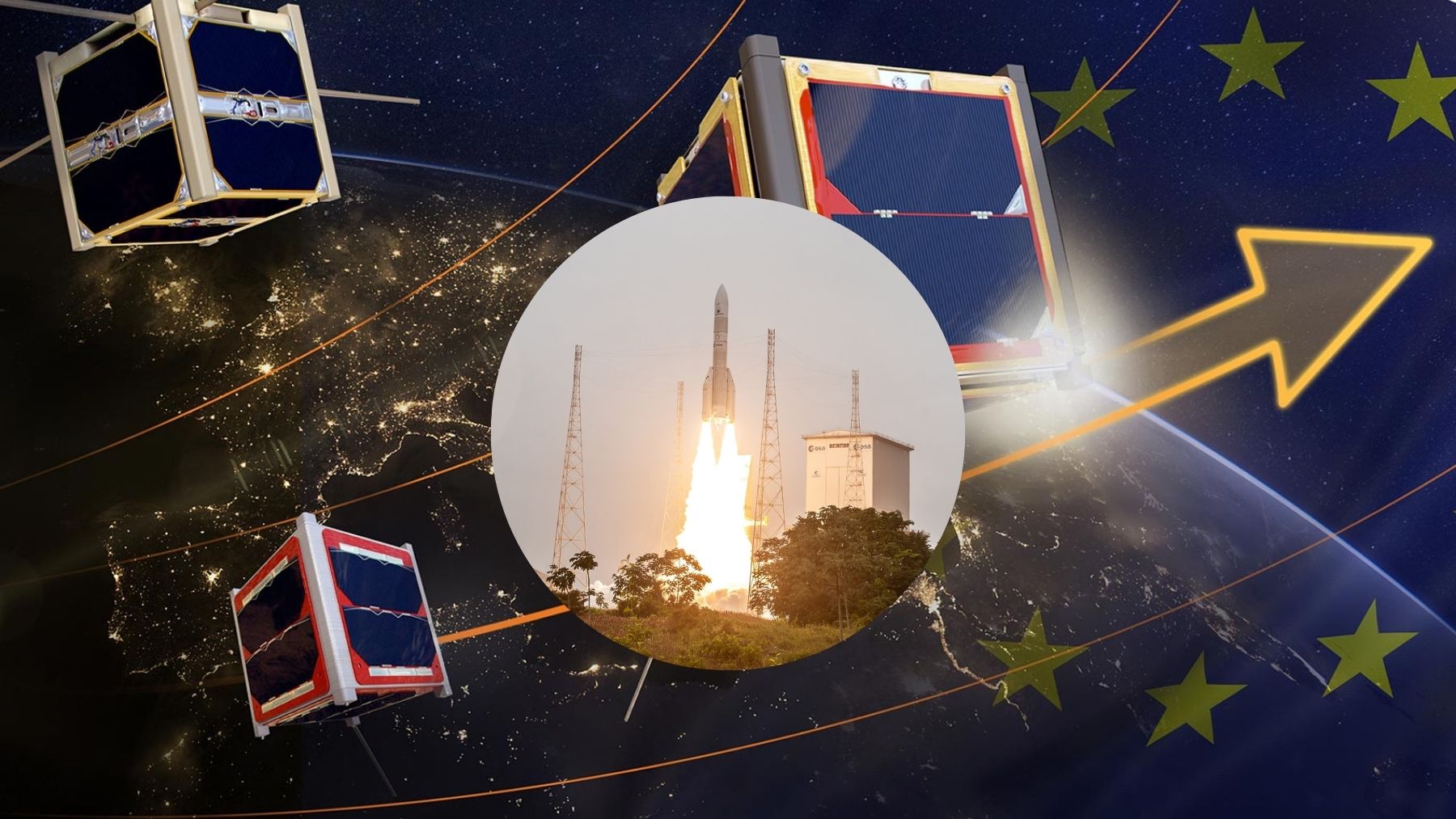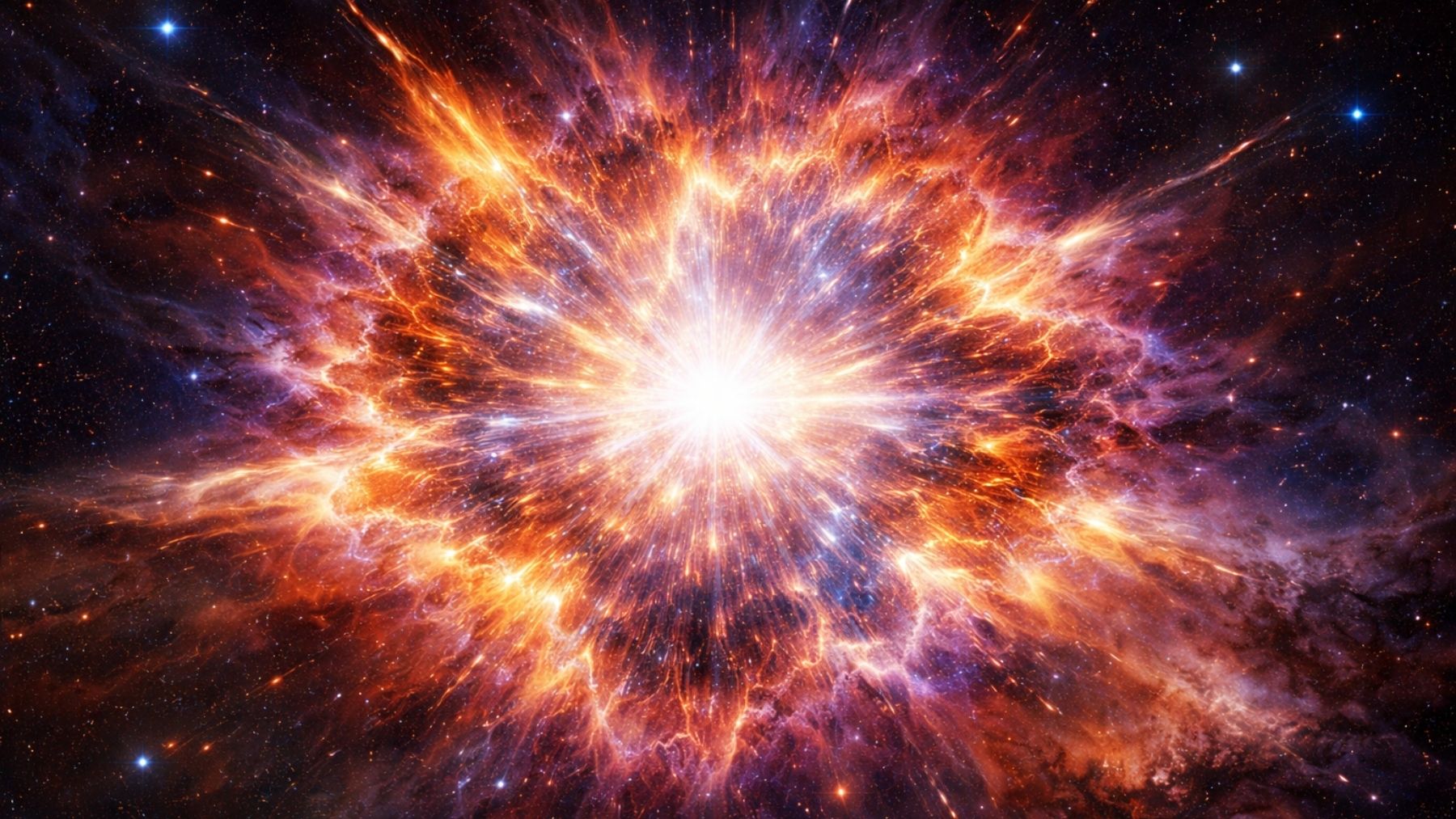Have you ever stopped to think that gravity, that force we are used to, that keeps planets in orbit, tides in motion, and our feet firmly planted on the ground, might be an illusion? A recent discovery has shaken the foundations of physics, revealing an even more surprising truth: what we thought was gravity may actually be a consequence of a deeper and more mysterious phenomenon occurring at the heart of our universe. Something that affects even galaxies at unimaginable distances. And the big revelation? Spacetime, this invisible fabric we understand as a constant of the cosmos, is fluctuating…
What do you know about gravity?
Let’s remember that gravity is one of the four fundamental forces of nature, and it has always been one of the most mysterious. Newton’s physics gave us the first concrete explanation of how it works, and Einstein’s theory of general relativity deepened it, explaining how mass curves spacetime. Gravity, then, seemed to have a simple explanation: a force that pulls everything toward the center, keeping the universe in equilibrium.
However, this understanding began to be challenged with the emergence of quantum mechanics, which deals with the behavior of subatomic particles. The point is that, while quantum mechanics works flawlessly on tiny scales, and relativity wonderfully describes behavior on large scales, the two models simply don’t fit when applied to extreme situations, such as the interior of black holes or the early universe.
Turning point: when Space-Time started to “shake”
And here is the discovery: the theory of floating spacetime suggests that, rather than being a “fundamental force, gravity is a consequence of something even more fundamental. This means that the spacetime that shapes the universe arises from deeper quantum interactions. Essentially, it’s as if gravity were an illusion created by these microscopic interactions — like a reflection in a distorted mirror.
The physics proposed by this theory not only challenges our current understanding of gravity but also offers new ways to understand how the universe actually works. Imagine that gravity, which we always experience as something constant and tangible, could simply be the manifestation of something unfolding at the quantum level.
What does floating spacetime mean?
This new concept has implications that go far beyond theoretical physics. If true, it could help us better understand the behaviour of black holes, the mysteries of dark matter, and even the origin of the universe itself. The idea that spacetime can be a dynamic construct rather than a fixed backdrop gives us a new way of looking at cosmic forces.
With gravity not being this fundamental force, this opens the door to new technologies that exploit quantum principles more effectively. The possibility of controlling and manipulating spacetime radically transforms physics, from spacecraft propulsion to disease cures, by manipulating the fabric of spacetime.
The Big Bang is threatened
However, with great discoveries come great risks… And even though the potential of this discovery is very impressive, many questions still need to be answered:
- How exactly does spacetime fluctuate?
- And, perhaps most importantly, how does this fit into our current understanding of quantum physics and general relativity?
Not stopping there, the question of dark matter and the very nature of the universe could be redefined by this discovery. Scientists are only beginning to scratch the surface. However, the biggest challenge will be testing these new ideas under conditions that simulate the extreme forces observed at the center of black holes or during the Big Bang. In fact, the Big Bang theory itself may be threatened after the historic discovery inside a black hole that could rewrite history.
